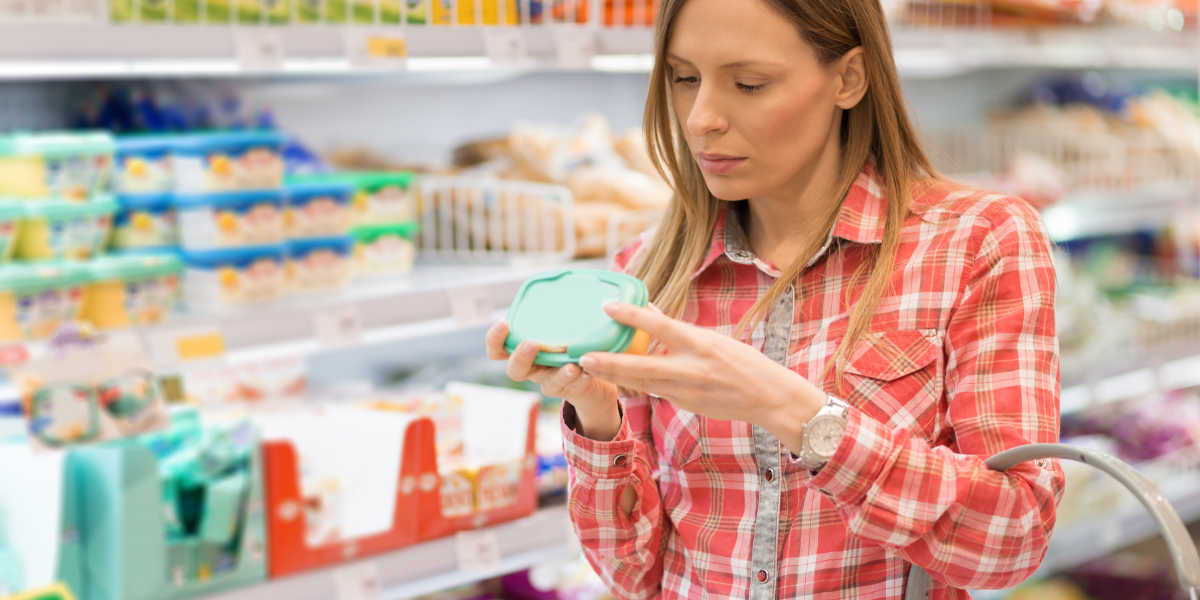During my last trip to Costco I discovered a new hobby: reading egg carton labels. Now, before you call me a weird person without a life, let me explain.
Animal Rights and Animal Agriculture
Since I’ve started my internship at the Alliance, I have become a lot more conscious of animal rights groups and how they affect the food industry and the perception that the average consumer has about the animal agriculture industry.
Now that I devote my time to learning everything I can about agriculture and being immersed in the field, I am able to stay in tune with current issues and campaigns that animal rights groups are stirring up and how they are affecting farmers and ranchers. I finally get to put my expensive college education to use and do what I love – share my knowledge and opinions with people who may not be as familiar with agriculture and therefore, are more susceptible to the activist campaigns that clutter the media.
Egg Labels
Alright, so back to my new-found hobby. I was in Costco with my mom last month and she asked me to go get some eggs. Easy enough, right? I went back to the refrigerated room and stood there

looking at all my choices. I was honestly looking for the cheapest deal, but I couldn’t help but notice how cluttered all the egg cartons looked. Egg cartons used to say just that, eggs. Now you’re seeing words like cage free, organic, humanely raised, farm fresh, free range, hormone free and from vegetarian fed hens. But what does all that mean to the shopper?
All these words could mean nothing or everything. If the shopper sees that 9 out of 10 egg brands have “hormone free” on the label, they’re going to naturally think that the 10th brand has hormones. What the average consumer might not know is that all eggs are hormone free. It is illegal to inject laying hens with hormones in the United States. So how can you blame the consumer of thinking that hormone free is desirable when it is being marketed as such?
Helpful or Hectic?

In many cases, the overuse of labeling can cause confusion and help spread misinformation about a product. The change in labeling began as a marketing tactic for companies to differentiate their product from the rest to boost sales, but if all eggs start to have similar labels what is making them different from their competitors? I’m amazed at how many things are crammed onto the package and it makes me question what they are going to add next.
I walked back to the shopping cart and told my mom that one carton had “from vegetarian fed hens” on the label and she started to laugh. Then she asked me if those were hormone free as well. I looked at her and cracked a big smile.
Teachable Moment
Earlier that day the Alliance had focused on eggs and hormones during Trivia Tuesday and now I was presented with the perfect opportunity to put my knowledge to use outside of the office. I was ecstatic to say the least.
Then I got to thinking, what if another shopper was curious about hormones but didn’t know who to ask? I mean, what good are labels if the target audience doesn’t know what half the words even mean? My guess is if they were curious enough they would do a Google search. The problem is, the first two results are from The Humane Society of the United States, and with their vegan agenda their articles have an obvious bias about animal agriculture.
My advice to shoppers who have questions about their food supply is to ask someone who has devoted their life to farming and taking care of their animals. Remember that farmers and industry leaders are people too and would appreciate the opportunity to discuss their passion for agriculture with you!
All posts are the opinion of the author and do not necessarily represent the view of the Animal Ag Alliance.







